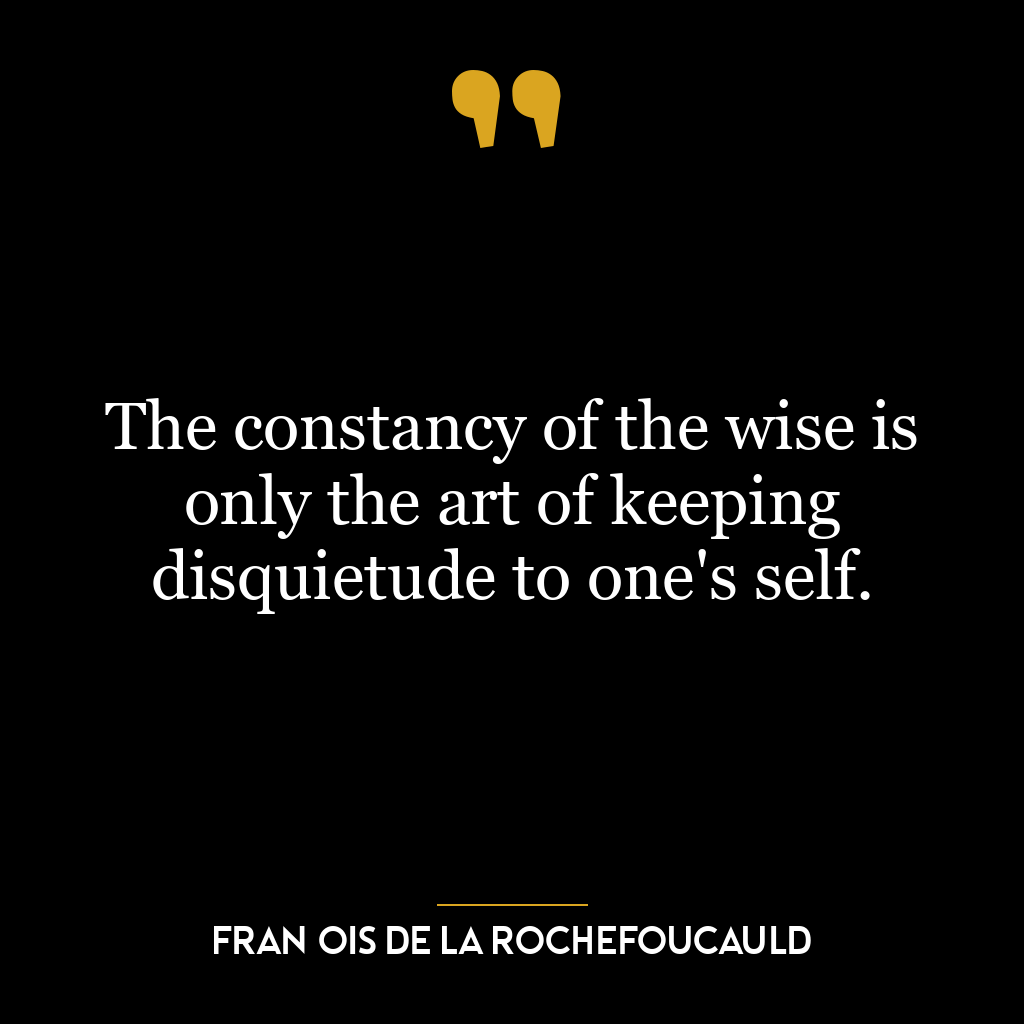This quote by Napoleon Bonaparte suggests that those who are unwise or naive, often referred to as “fools,” possess a unique advantage over those who are wise. This advantage is their unending satisfaction with themselves. Fools, in their lack of wisdom, are oblivious to their own shortcomings and thus, they are perpetually content with their state of being. This is in stark contrast to the wise, who are constantly aware of their limitations and are, therefore, always striving for improvement.
In essence, the quote is a commentary on the bliss of ignorance versus the burden of knowledge. Fools are free from the self-doubt and self-criticism that often plagues the wise. They are unburdened by the awareness of their own ignorance. The wise, on the other hand, are often plagued by a persistent dissatisfaction with their current state of knowledge and understanding, constantly striving to learn more and improve themselves.
Applying this to today’s world, we can see this concept reflected in various aspects of society. For instance, in the realm of social media, individuals often portray a perfect, idealized version of their lives, seemingly completely satisfied. However, this often masks a lack of depth or understanding, a blissful ignorance. On the other hand, those who are genuinely striving for growth and improvement are often more aware of their flaws and less likely to project an image of perfection.
In terms of personal development, this quote might be interpreted as a reminder of the importance of self-awareness and the pursuit of wisdom. While it may seem easier to remain complacent and self-satisfied, true growth comes from acknowledging our limitations and continuously striving for improvement. It suggests that wisdom, despite its burdens, is more fulfilling than ignorance. However, it also serves as a warning against the dangers of excessive self-criticism and dissatisfaction, advocating for a balance between self-improvement and self-acceptance.













